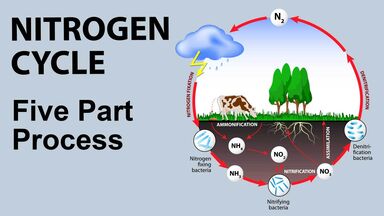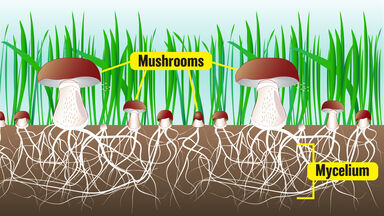Waste Definition
- To gain or accomplish nothing by speaking.
- to be or become wasted
- to destroy; devastate; make desolate
Idioms, Phrasal Verbs Related to Waste
- waste (one's) breath
- go to waste
- lay waste (to)
Origin of Waste
-
From Middle English wasten (“to waste, lay waste"), from Anglo-Norman, Old Northern French waster (“to waste, devastate") (cf. also the variant gaster and French gâter from a related Old French word); the Anglo-Norman form waster was either from Old Frankish *wuastan, *wuostan, *wuostjan (“to lay waste, devastate"), from Proto-Germanic *wōstijanÄ… (“to waste"), from Proto-Indo-European *wāsto- (“empty, wasted"), or alternatively from Latin vastāre, present active infinitive of vastō and influenced by the Frankish; the English word was assisted by similarity to native Middle English westen ("to waste"; > English weest). Cognate with Old High German wuostan, wuastan, wuostjan ("to waste"; > Modern German wüsten), Old English wÄ“stan (“to lay waste, ravage").
From Wiktionary
-
From Middle English waste (noun, “a waste"), from Anglo-Norman, Old Northern French wast, waste (“a waste"), from Old Frankish *wuasti, *wuosti (“a waste") and *wōstin, *wōstinna (“a waste, wasteland, desert"), from Proto-Germanic *wōstÄ« (“a waste"), *wōstinjō (“a waste, wasteland"), from Proto-Indo-European *wāsto- (“empty, wasted"). Cognate with Old High German wuosti, wuasti ("a waste"; > Modern German Wüste), Old High German wuostinna (“a desert, waste"), Old English wÄ“sten (“a waste, wasteland"). Non Germanic cognates include Latin vastus (“waste, desert") and Albanian vjeshtë (“autumn").
From Wiktionary
-
From Middle English waste (adjective, “waste"), from Anglo-Norman, Old Northern French wast (“waste"), from Old Frankish *wuasti, *wuosti (“waste, empty"), from Proto-Germanic *wōstijaz (“wasted, abandoned, empty"), from Proto-Indo-European *wāsto- (“empty, wasted"). Cognate with Old High German wuosti, wuasti (“waste, empty"), Old Saxon wōsti (“desolate"), Old English wÄ“ste (“waste, barren, desolate, empty").
From Wiktionary
-
Middle English wasten from Old North French waster from Latin vāstāre to make empty from vāstus empty euə- in Indo-European roots
From American Heritage Dictionary of the English Language, 5th Edition
Find Similar Words
Find similar words to waste using the buttons below.





